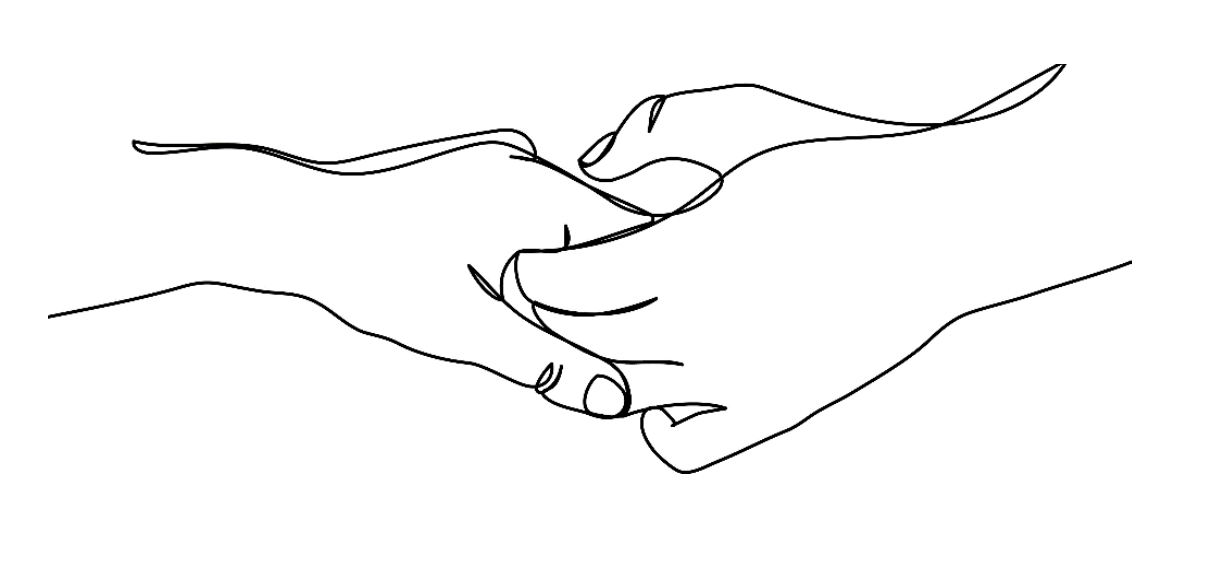Chronic health conditions and our relationships – some thoughts.
Last week, I had the privilege of addressing the National Press Club. While the essence of the talk addressed how keeping people healthy is good for the economy, I spoke quite a bit about chronic disease and how common it is.

Last week, I had the privilege of addressing the National Press Club. While the essence of the talk addressed how keeping people healthy is good for the economy, I spoke quite a bit about chronic disease and how common it is.
The Australian Institute of Health and Welfare (AIHW) estimates that
half of all Australians have at least one chronic health condition. In anyone’s book, that is an enormous amount of ill health. The amount of money spent on health care for chronic conditions in Australia is
estimated to be close to $40 billion annually.
Chronic disease affects the Australian economy both through the direct costs of treating the conditions, and also through the
lost productivity of people unable to work or contribute to the economy in other ways. Indeed, some
reports include frightening conclusions such as, “the burden of chronic disease in Australia threatens to overwhelm the health budget, the capacity of health services and the health workforce.”
The AIHW delves, in particular, into ten common and important chronic health conditions:
arthritis,
asthma,
back pain,
cancer,
cardiovascular disease,
chronic obstructive lung disease,
diabetes,
chronic kidney disease,
mental health conditions, and
osteoporosis. These are not the only chronic health problems but represent some important ones for Australians.
While there certainly is a place for thinking about the effort and cost that goes into treating these conditions, I often think about the effect chronic health conditions have on our relationships. Human relationships are pivotal to our wellbeing and self-esteem. Facing health challenges without healthy relationships can make everything so much worse.
American psychotherapist Katie Willard Virant
puts it like this:
- “Illness challenges relationships. It’s no wonder that many wedding vows contain a promise to love one another “in sickness and in health.” Chronic illness affects, not only the person bearing the symptoms, but also the person loving them, living with them, and caring for them. As one partner expressed to me, ‘My wife lives with the illness, and I live with her. So, in a way, I live with the illness, too.’”
In many cases, the partners and family members of people affected by chronic illness also
face many challenges themselves. The potential effects of a chronic illness on a person’s family and carers has
long been recognised, but seldom figures in our discourse:
- “In the past, quality of life studies focused almost exclusively on changes in the quality of life of patients, but increasing attention is now being paid to the impact of chronic disease on carers. The ageing of the population and changes in medical practice resulting in shorter inpatient hospital stay and longer survival have substantially increased the burdens on carers, most of whom are partners.”
Chronic mental health problems, in particular, can place a heavy burden on
family and
romantic relationships. This is a factor that is difficult to capture when we discuss the effects of chronic health problems on people. Many chronic conditions – cancer being another important example - can
affect the relationships that are important for us to nurture for our wellbeing.
So, when I spoke about the ‘burden’ of chronic disease for Australians, remember that it was difficult to capture the richness of our lives and how important they are for our wellbeing. Rest assured, though, I hope that all of us are thinking beyond the disease and the dollar and we consider the true scope of what it means to be healthy.
Recent Posts










